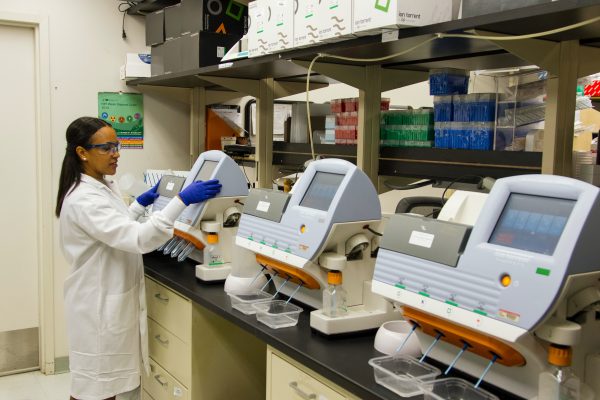MedTech Impacts on Healthcare
Personalized medicine, telemedicine, artificial intelligence, and wearable devices are expected to have a significant impact on the industry. These advancements will almost certainly result in increased productivity, lower costs, and better health outcomes. It is highly likely that, as medical technology advances and attains higher levels of sophistication, it will have an even greater impact on the healthcare industry in the coming years.

The medical technology industry is at the forefront of the rapid changes occurring in the healthcare industry. Medical technology advancements are expected to have a significant impact on the market in the not-too-distant future. Individualized medical treatment, remote medical consultations via telemedicine, artificial intelligence (AI) and machine learning, and wearable devices are among the advancements.
Personalized medicine is a relatively new concept in medicine that refers to the practice of tailoring treatments to an individual patient's specific genetic make-up, as well as other relevant factors. This could lead to more effective and targeted treatments, as well as a reduction in healthcare costs by reducing the need for costly and unnecessary treatments.
Another field that falls under the umbrella of medical technology that is expected to have a significant impact on the healthcare sector is telemedicine. Telemedicine allows patients to receive care from a distance, either through video or phone consultations. This improves access to and convenience of healthcare, particularly for those living in rural or underserved areas of the country.
Artificial intelligence and machine learning are also becoming more important in the medical field. AI algorithms can be used to examine patient data or medical images in order to recognize patterns or predict outcomes, both of which can help improve diagnosis and treatment. This technology can also be used to analyze large amounts of data in order to make predictions or recommendations, potentially improving care effectiveness.
Wearable technology, such as fitness trackers and smartwatches, is also becoming more prevalent in the healthcare industry. These devices can collect information on a variety of topics, such as heart rate, sleep patterns, and activity levels. This information can then be used to identify potential health issues and provide personalized recommendations for health improvement.
In general, advances in medical technology are expected to play a significant role in shaping the future of the healthcare industry. These developments have the potential to improve accessibility, convenience, and overall care quality. Personalized medicine, telemedicine, artificial intelligence, and wearable devices are expected to have a significant impact on the industry. These advancements will almost certainly result in increased productivity, lower costs, and better health outcomes. It is highly likely that, as medical technology advances and attains higher levels of sophistication, it will have an even greater impact on the healthcare industry in the coming years. As a result of the rapid pace of technological advancements in the medical sector, the field of healthcare is set to undergo a sea change in the coming years.
Tags
Next Article

Top 10 Medical Device Innovations
The healthcare industry has witnessed several groundbreaking medical device innovations in the last few decades. Here are the top ten medical device innovations that have transformed healthcare: